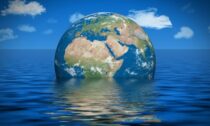
Emissions of CO2 are rising so quickly there is now a 50% chance the world will cross a crucial climate change threshold soon, a new report suggests. Emissions for 2022 are expected to remain at record levels, lifted by people flying again after Covid. The report said that if emissions stay so high, the world faces a 50% risk of breaching a key 1.5C temperature rise threshold in nine years.
This would have sweeping consequences for poorer and developing countries.
Average temperatures are now 1.1C above pre-industrial levels, and that increase has already caused major climate disasters this year.
If global average temperatures were to rise to more than 1.5C, the UN says it would expose millions more people to potentially devastating climate impacts.
The researchers have sa...
Read More










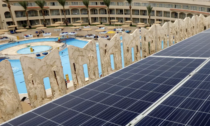
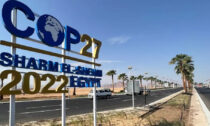
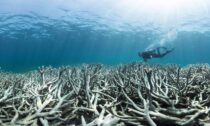
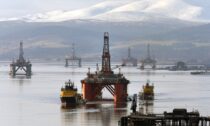


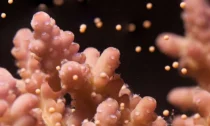
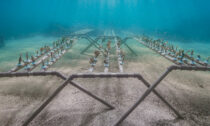

Social Profiles